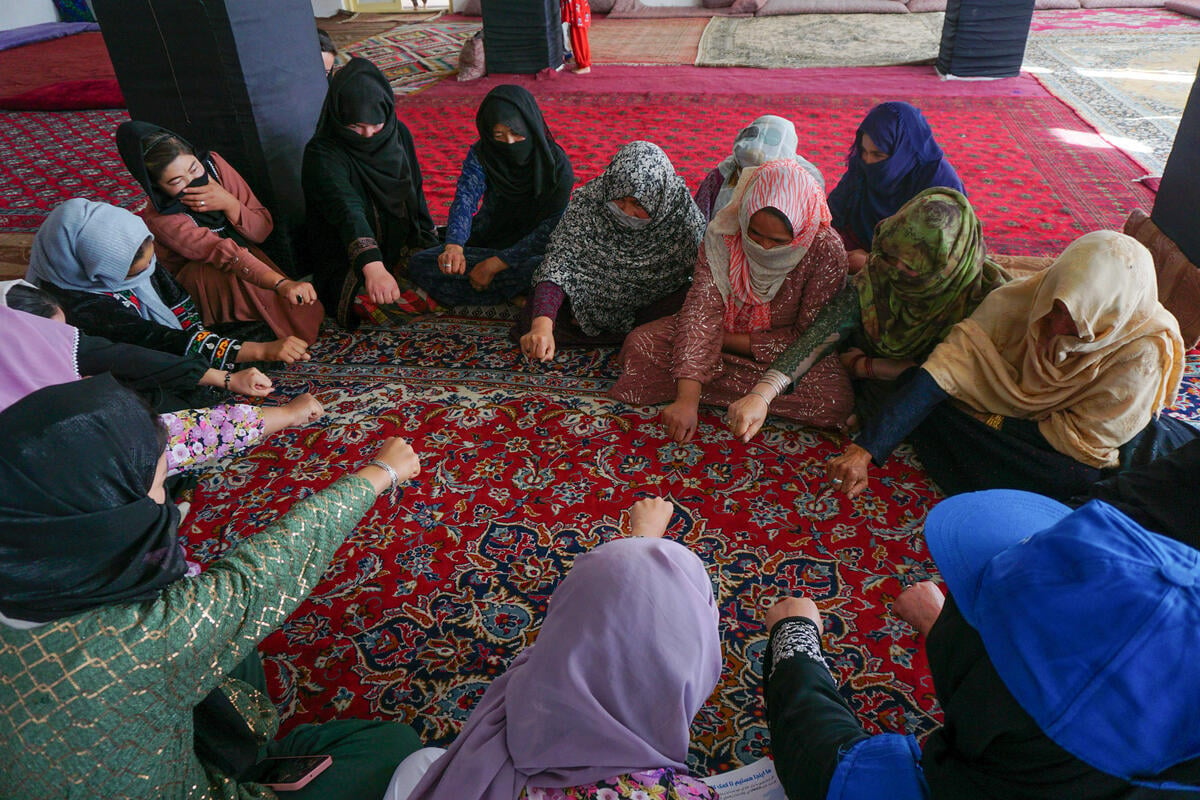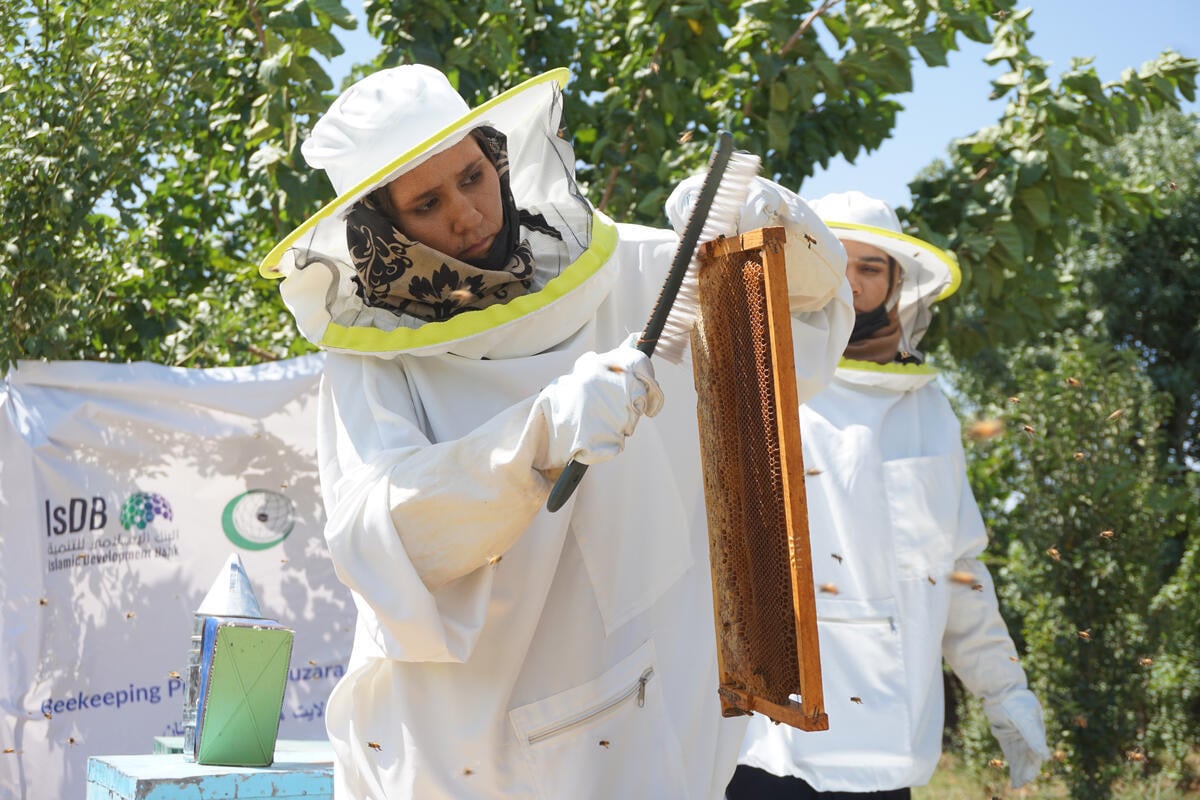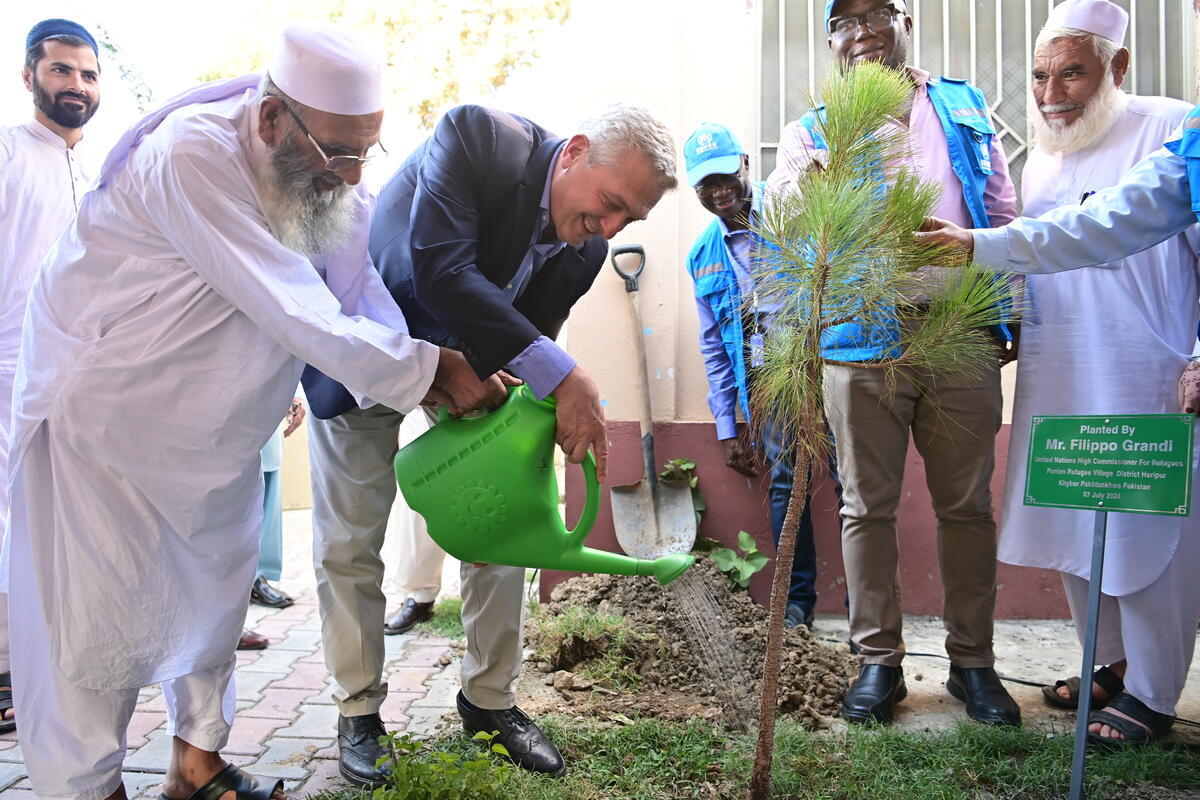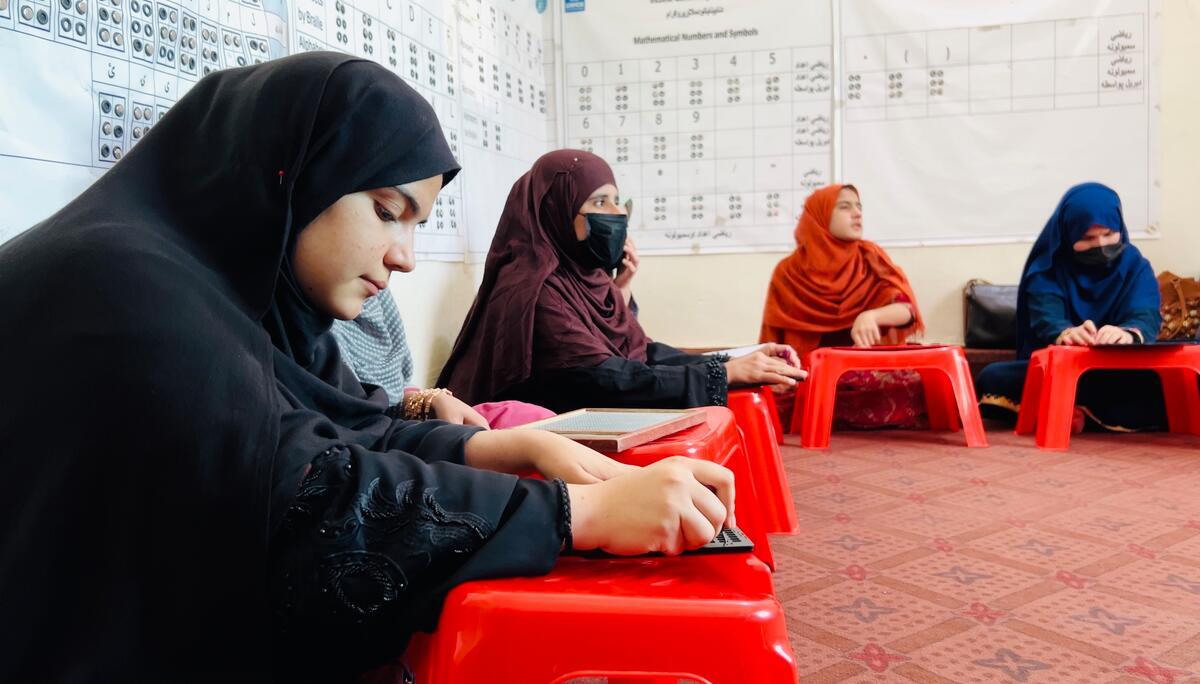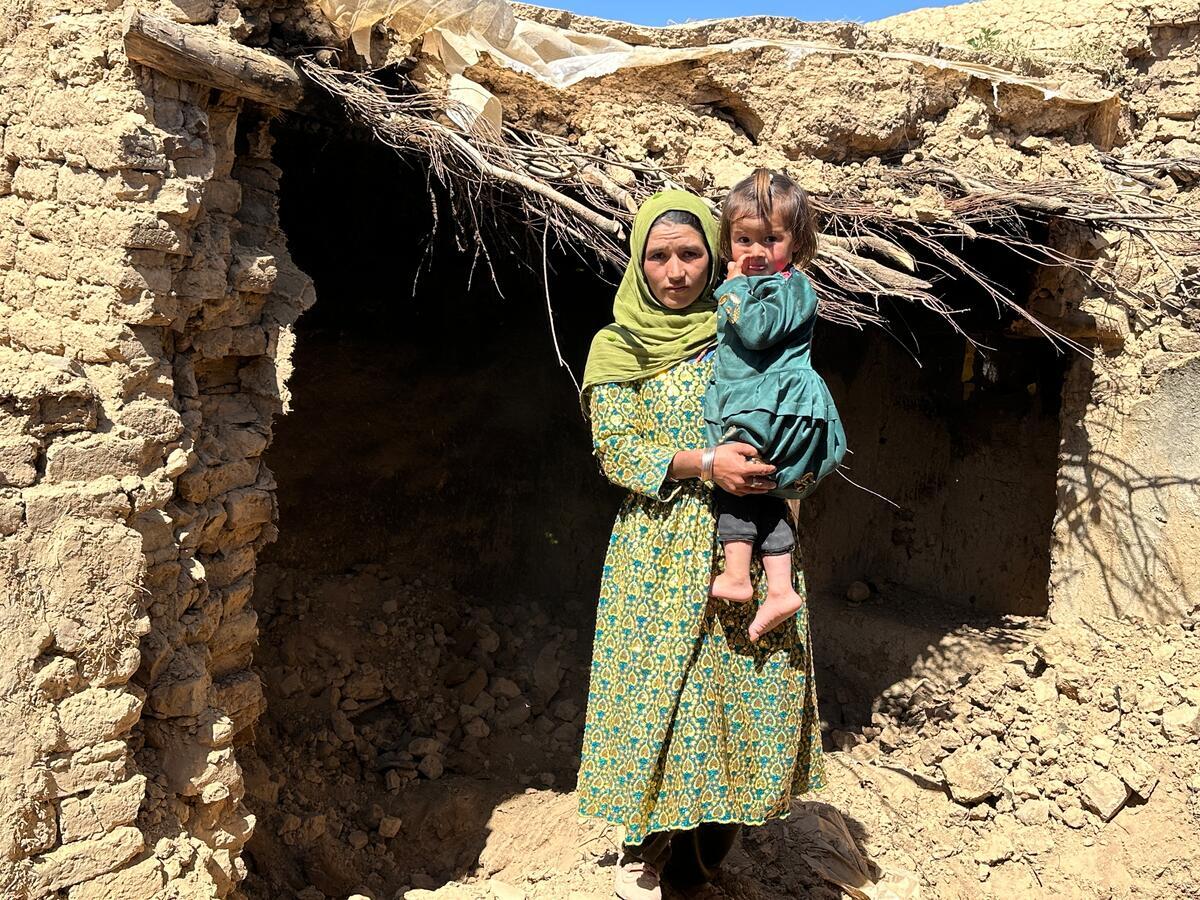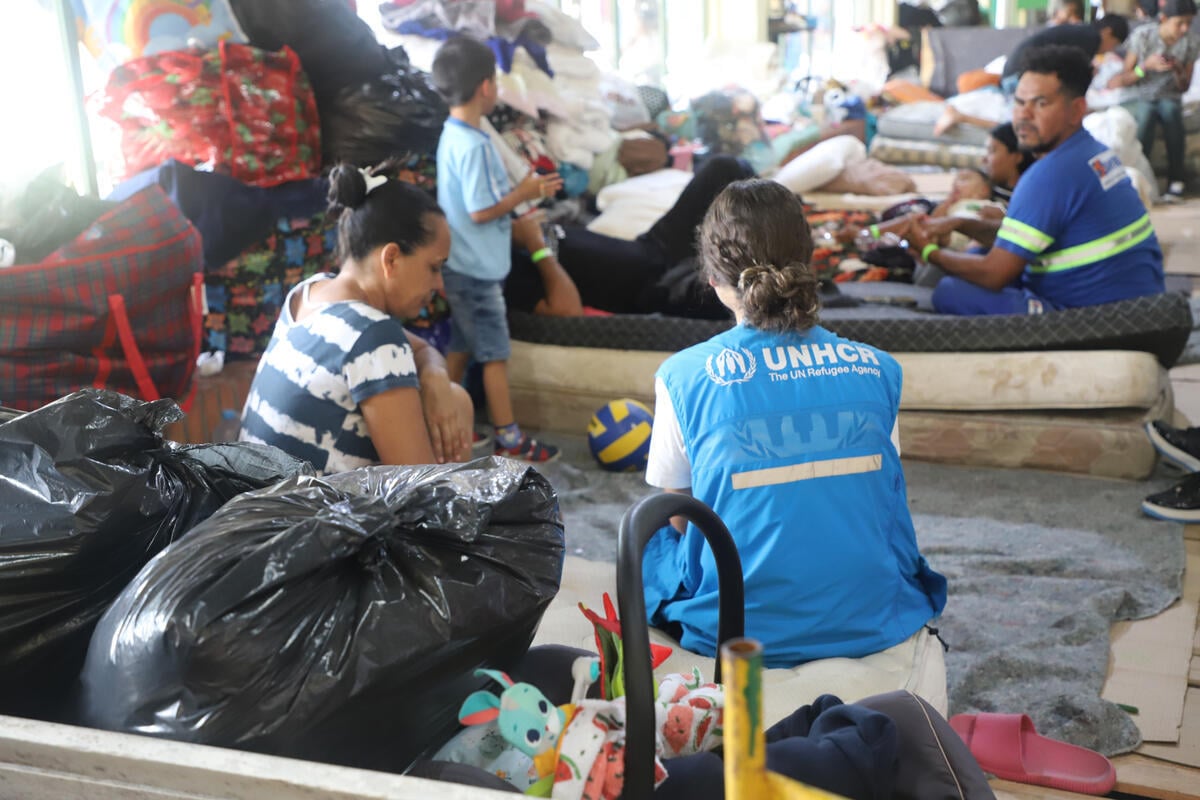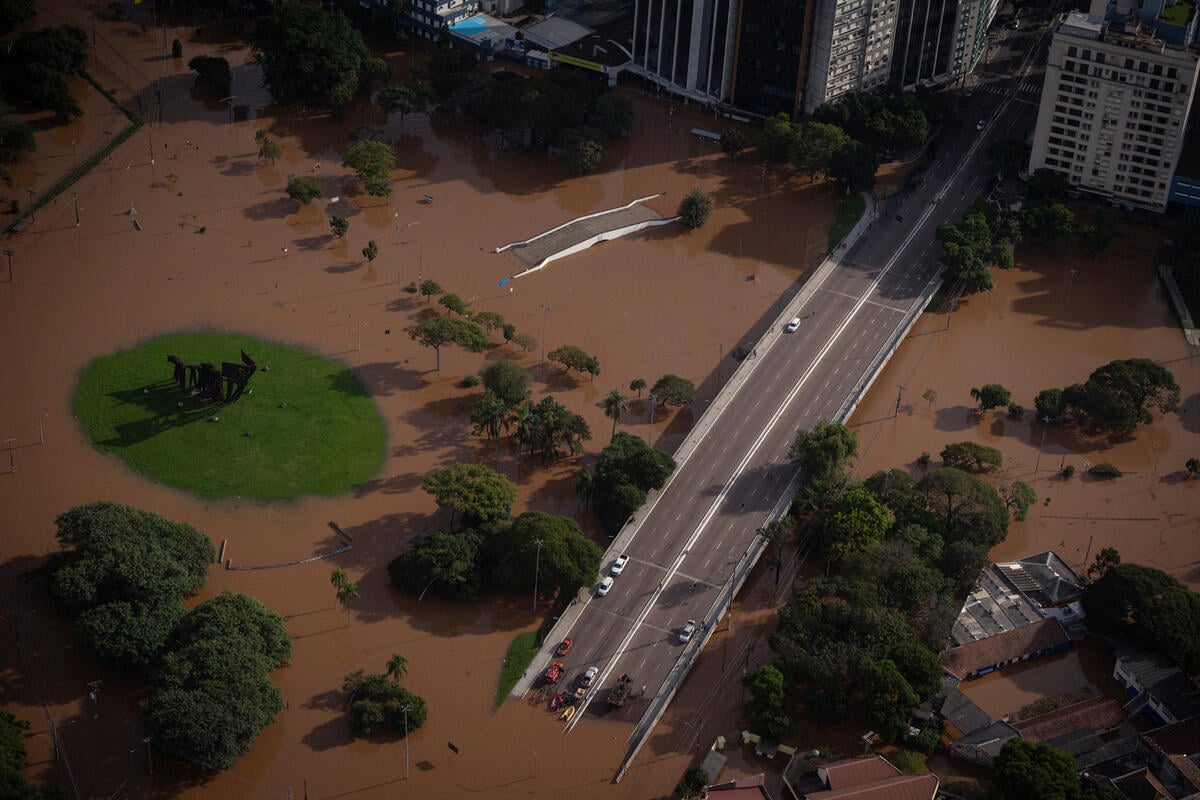Afghanistan: some signs of stability and normalcy returning
Afghanistan: some signs of stability and normalcy returning
There are some signs of stability and normalcy returning to parts of Afghanistan, including the return of more than 14,000 people to various parts of the country over the past week alone. More than 7,600 people returned on their own from Iran. Similarly, through the Chaman border crossing point from Pakistan's Balochistan Province, 7,000 Afghans returned home this week.
A note of caution regarding these return figures, however: Many of these Afghans may be returning for the Eid festivities and they are clearly not the poorest of refugees. Nevertheless, 14,000 people going home in a week is a positive sign. Despite this, we caution Afghans not to rush back, nor should countries in the region rush any of the more than 3.5 million refugees home with winter upon us. Moreover, the security situation in many parts of Afghanistan remains tense.
For the record, Thursday saw more than 3,200 Afghans return via Dogharoun, in Iran, and Chaman, in southern Pakistan. On Wednesday, nearly 4,000 went home via the two border crossings. We don't have figures on other border crossings.
Refugees continue to arrive in Pakistan, however, and it's important that anyone seeking safety be allowed through. We are counting an average of more than 200 Afghans a day still arriving at our Killi Faizo transit site at Chaman. Overall in Pakistan, we estimate that some 200,000 Afghans have arrived in the country since 11 September, including some 35,000 people assisted in six UNHCR camps. As the Roghani site near Chaman is full, UNHCR already has 200 tents erected at the nearby Landi Karez site, where water and sanitation work is also under way.
On the logistics front, today UNHCR staff in Quetta are expecting a cargo flight with 40,000 blankets contributed by the Austrian government, while four trucks carrying 25,000 mattresses contributed by the government of Japan arrived in Quetta after being off-loaded in Karachi from several Japanese Defense Force vessels.
Inside Afghanistan, UNHCR currently has four international and 12 national staff in Mazar-i-Sharif, and we have more staff on stand-by in neighbouring Uzbekistan whom we plan to dispatch in coming days. We are still hampered due to a lack of office space in Mazar-i-Sharif. Our office was looted and we are currently operating from WFP's premises.
Staff in Mazar report that Wednesday and Thursday there was fighting in Maymana (Faryab Province) and Pul-i-Hamri, but UNHCR national staff who just returned to Pul-i-Hamri say that the situation is now calm. This is indicative of the instability and insecurity that still prevails in many parts of Afghanistan. Working from Mazar-i-Sharif, UNHCR and the French NGOs ACTED and Solidarités are distributing aid to 1,000 people in Balkh Province, including tents, blankets, jerry cans, buckets and plastic tarpaulins. In Baghla Province we are initially targeting aid to some 2,500 displaced Afghans who will receive various items including blankets, cooking stoves, buckets, jerry cans, plastic tarpaulins, soap and kitchen sets.
In Herat, UNHCR staff report that the situation is stable within the city limits, though as with most communities in Afghanistan, many heavily-armed people are present in the city. From Herat, UNHCR plans to assist displaced Afghans living in Badgis and Ghor provinces, and in collaboration with IOM we will undertake a registration of displaced Afghans in the massive Maslakh displaced persons camp that shelters some 200,000 people. There are five sprawling camps for displaced Afghans around Herat.
In Kabul, UNHCR today distributed aid to 1,600 people from stocks that were airlifted to the city's Bagram airfield yesterday on an Italian government-chartered Ilyushin 76 cargo plane. Following the end of the Eid celebrations that run through the middle of next week, UNHCR will begin distributing emergency winter assistance kits to some 50,000 people living in Kabul and three neighbouring provinces.

